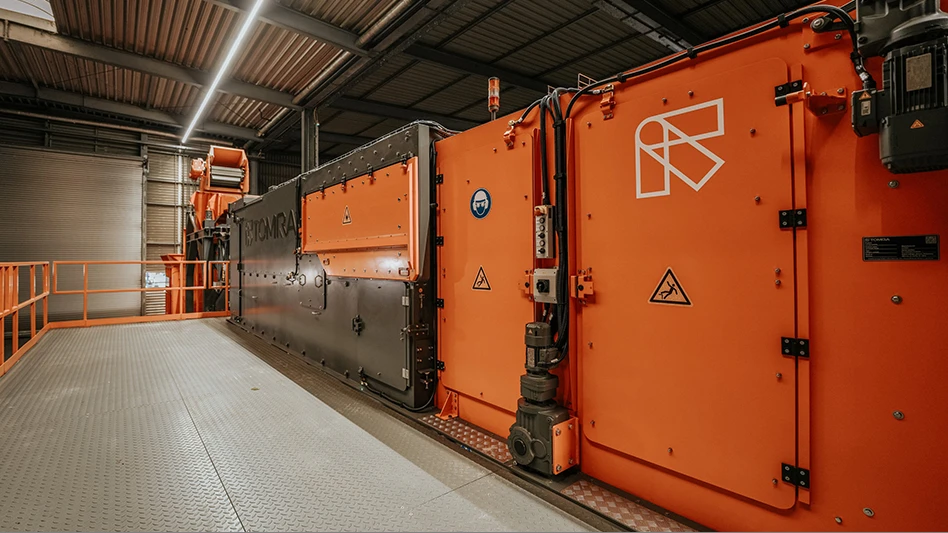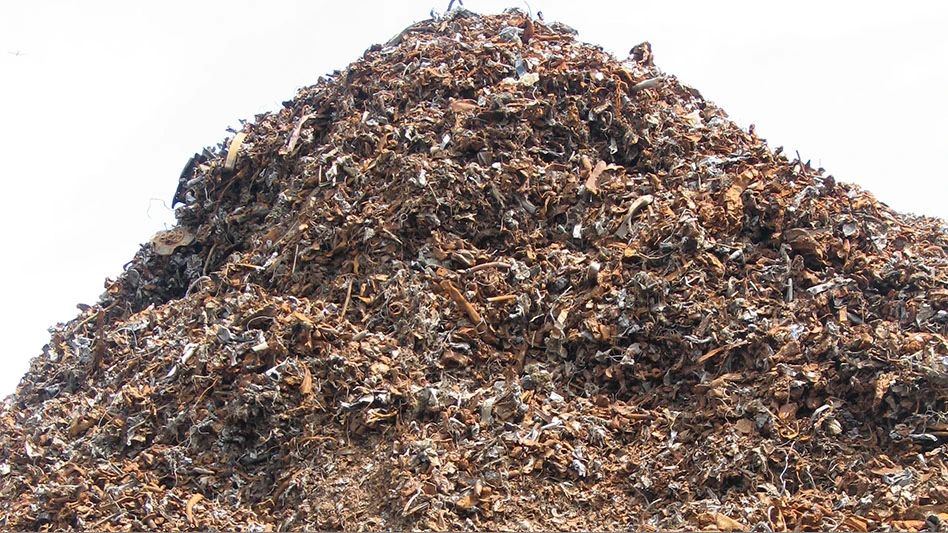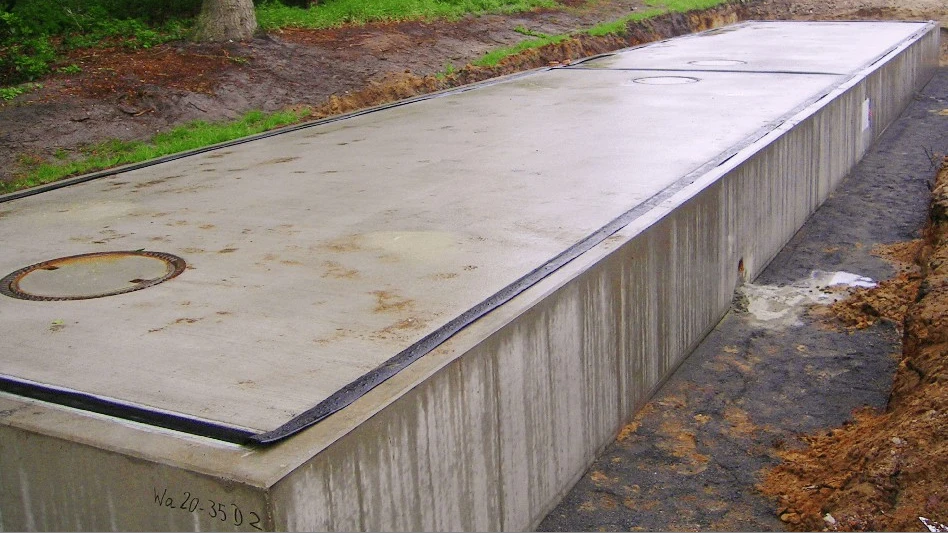
The European Plastics Recyclers (EuPR), a trade association representing national associations and individual member companies that cover 80 percent of the European plastic recycling industry, has expressed alarm over the future of the PET recycling industry in Europe.
In a statement released by the organization, the EuPR notes that the current collection infrastructure for PET plastics has reached its limit and the collection of PET bottles is stagnating at around 50 percent while the balance of the uncollected PET is still landfilled or incinerated.
“Europe is not maximizing the sustainable use of a valuable resource such as post-consumer PET,” says Casper van den Dungen, chairman of the EuPR PET Working Group. Furthermore, due to intensive lightweighting and complex bottle design, the average costs of recycling have increased substantially in recent years. Such increased costs cannot currently be corrected by further economies of scale.
In addition, a potential lifting of currently existing anti-dumping duties on virgin PET could further worsen the EU industry’s position. “Until today, PET has been an undisputed success and example for sustainable development. It can remain so in the future if the collection moves upwards to another level and the virgin PET is fairly marketed,” according to van den Dungen.
To improve the condition for European PET recycling markets, the EuPR says that the continent needs a well-managed and balanced value chain.
To accomplish this, the EuPR is seeking to reform the current EU PET recycling infrastructure and improve the current imbalances. However, to accomplish this, the association says that they need the support from other stakeholders and especially the EU institutions if the goals of the present and future EU Waste and Recycling Directives are to be achieved.
EuPR members collectively recycle more than 3 million metric tons of plastic scrap per year.

Do you know someone that has made a positive impact in the horticulture industry? Nominate them for a Horticultural Industries Leadership Award (HILA)!
| SUBMIT NOMINATION |
Latest from Recycling Today
- Elemental Holding secures European funding
- BCA subsidiary offers EV battery pack shredder
- Europe’s paper and board industry rebounds in 2024
- Europe’s WEEE regulations might need a rethink
- Call2Recycle Canada reports battery recycling increase in 2024
- Minnesota selects Circular Action Alliance as PRO
- GIC launches automotive plastics circularity pilot
- Hydro grows postconsumer scrap use in 2024






